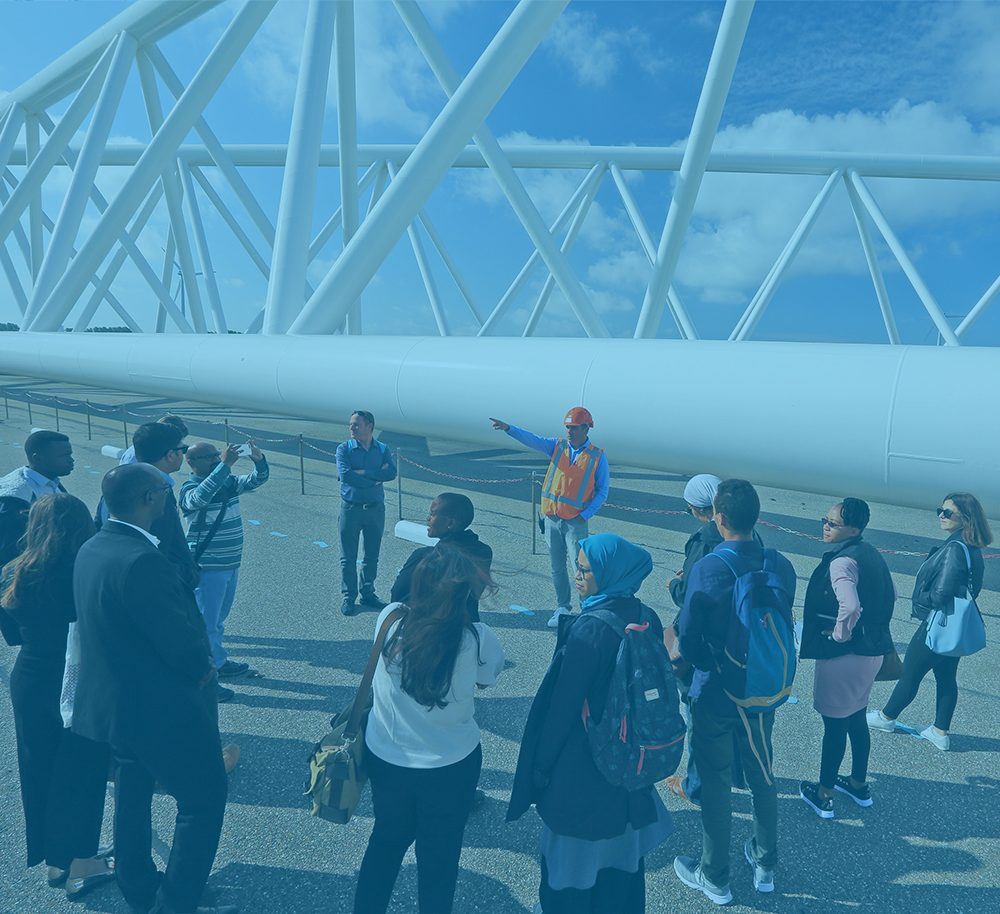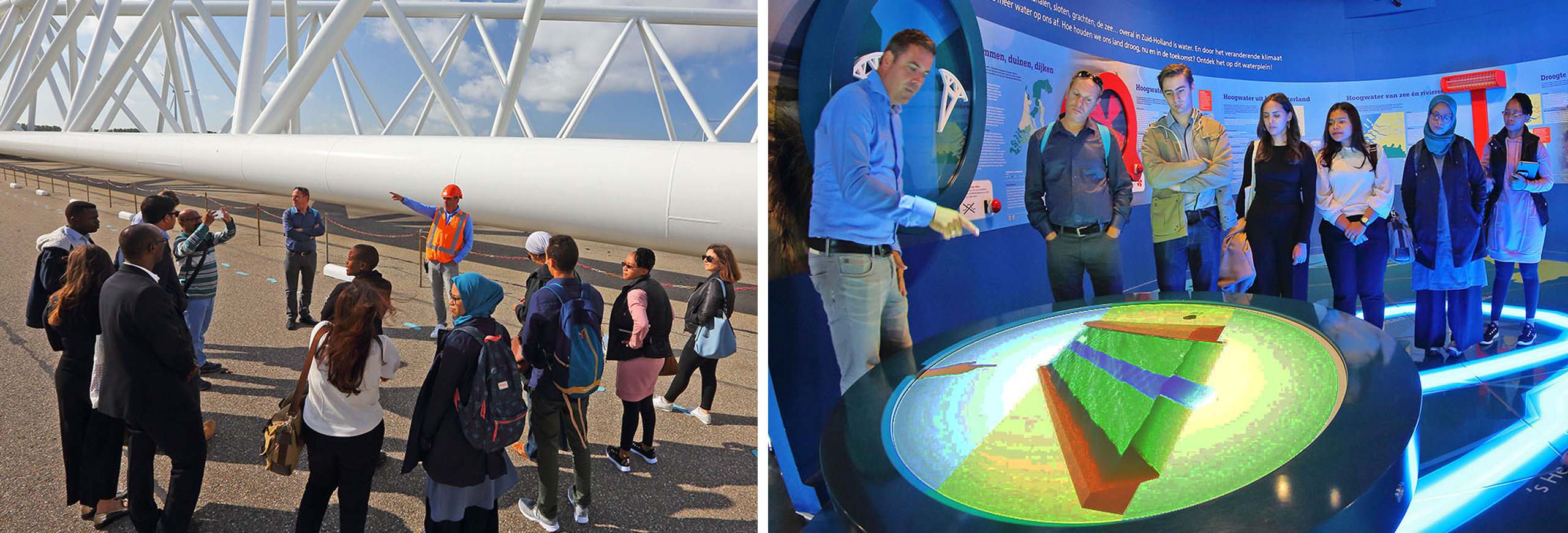The world is facing many water-related challenges, including shortages, pollution, flooding, and unequal access to safe drinking water. Climate change is making these problems worse, threatening people’s safety, economies, and the environment. Local governments and communities are at risk from droughts, floods, and other water disasters. In the face of these challenges, governments have the responsibility to develop strategies to manage water resources and provide drinking water and sanitation, in partnership with communities and the private sector.
In this course, we will review internationally recognised principles and frameworks for good water governance and then focus on their implementation in different country contexts. We will explore water related challenges and innovative solutions across multiple sectors, such as agriculture, energy, housing and urban development as well as finance and public investments. We will also pay attention to water allocation, conflicts around water, disaster risk management, and instruments for financing water services. Furthermore, we will discuss the design of stakeholder engagement strategies that support communities and ecosystems. Moreover, participants will experience the rich history and best practices of Dutch water management with real-world insights from urban settings and agricultural landscapes.
















